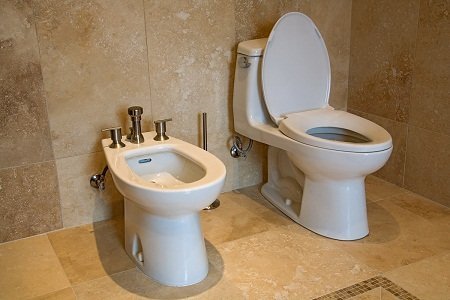The Dirtiest Things we Use Every Day
1. Money
Everyone likes money, but nobody loves the pathogen from the money brought. Through each hand, carrying little more money, whether beneficial or harmful bacteria. Dr. Darlington Director of the New York Department of Health take any $ 2 sheets soaked in boiling water and then washing and enumeration of bacteria in water. One sheet contains 135,000 bacteria and other documents 126,000 children. How to solve the problem is simple: Wash your hands.
2. Switch
The power switch, especially in the agency, office or public place is the meeting point of the finger cleaner, which, more fingers every day once in contact with money. One statistic the power switch every contact with the fingers added 217 bacteria per square inch, and so gradually accumulated. The power switches in public restrooms is a “hard” rich bacterial pathogens. Why not wipe the water disinfected?
3. Computer keyboard
The computer keyboard is working tools of modern people, but sometimes not very friendly. A study of the UK consumer in 2009, taking 33 randomly selected keyboard leads to identify bacteria is 4 units less bacteria “risk to health”, in which one unit more bacteria the toilet.
So every morning, if possible “blow” up several times with compressed air or once every morning clean with antiseptic wipes water, or at least, the cleaning water.
4. Mobile
Every day, assure you use the cell phone (mobile phone) not less than once. A study in England showed that cell phone is like glass plate culturing bacteria in microbiological laboratories. Excluding electromagnetic waves have the ability to cause disease, they also contain the bacteria from breathing from the nose and saliva from Meng you “fly” to and residence. It can reduce the harmful effects of using mobile phones in bags with disinfectant to regularly disinfected.
5. Toilet

Toilet (aka toilet) porcelain or plastic is the gathering place of many types of bacteria pathogenic bacteria.According to statistics there are 295 kinds of bacteria on one square inch glossy and seemed very clean of silky white porcelain.
6. Shopping cart in supermarket
Supermarket delivery truck shiny but it must be in contact with everything that it makes the task of transporting goods, but dirtier where customers use their hands to push. A University of Arizona study found the number of bacteria on the vehicle contains more bacteria than the saliva, more residues from people than with handrails stairs, public telephone or public bathroom . Next to the supermarket, you can bring your gloves to the public from contaminated from car. Shopping and wash your hands right after another.
7. The TV control
How many times you are lifting your hands to do something (dirty hands) but the TV program changes, you quickly grabbed the remote to change the channel? Or your hands, or changing the channel is complete, put the controller into any place, no matter how dirty or clean. That is the reason for the infection control many types of bacteria such as MRSA, VRE and SARS received from others or to spread to others.
8. Bath
You clean it has had, but also the bath? This is a repository for toxic bacteria that not many people noticed. It is always contaminated with staph (staphylococcus), bacterial pneumonia, septicemia (septicaemia) and some skin disease. Bacteria on the outlet side is worse than the bacteria in the toilet. Once a week to wash the tank with detergent to reduce harmful pathogens.
9. Dish washing pots
Disk sink is the dirtiest place in the house. Around the drainage holes every 1 square inch, up to 500,000 bacteria.It helps you visualize how this dirty lavatory. You regularly pour in half a cup of powdered soda, half a cup of vinegar into the main drain. Then pour hot water.
10. Dish washing sponge
Now is the object head of … dirty. Pieces “sponge” (actually foam plastic) used to wash the dishes in the house.Holes, gaps on the sponge is the hiding place of the troublemakers from antiseptic, against the pull of contaminants by detergent. So very difficult to remove a sponge used to wash dishes. It also facilitates moisture for bacteria to grow, making it inherently dirty more dirty.
Shortlink:

Recent Comments